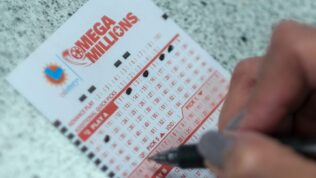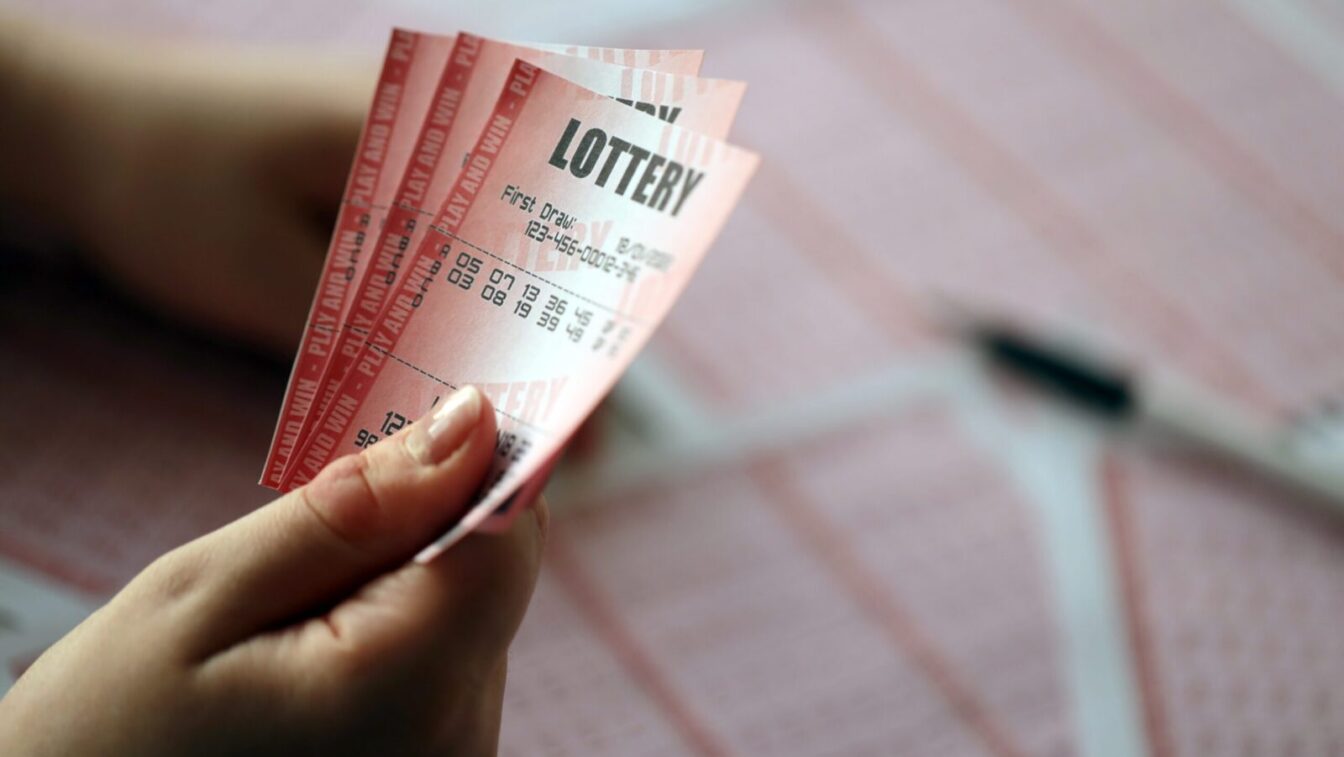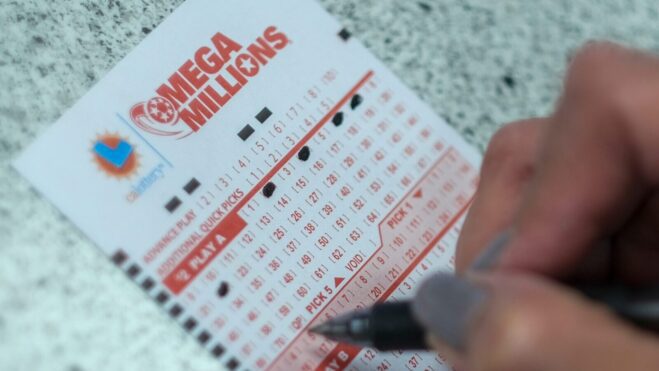Honk If You Love Lotteries: Mega Millions Reaches $579 Million
While Mega Millions continues to climb, Powerball is also staking a claim for America’s lotto dollars this weekend
2 min

Friday, Dec. 6 is National Pawnbrokers Day, and no, we are not making that up.
Yes, on this day, we celebrate the pawnbrokers among us, and as a public service, here are two facts and a lie about pawnbrokers and the pawnbroker industry.
- The word “pawn” comes from the Latin word “platinum,” which means “cloth” or “clothing.”
- In medieval times, pawnbrokers were required by law to keep a goose on the premises, based on a since-disproved belief that they would honk when stolen items were brought in.
- The Pawnbrokers Act of 1872 in England created rules and regulations to protect pawnbrokers from selling items they didn’t know were stolen.
Which one is made up? You’ll find out soon enough, but know this: If you win Friday’s Mega Millions jackpot, you won’t ever have to worry about visiting a pawnbroker, as the estimated top prize is a whopping $579 million, with a $276.6 million cash value.
Nobody took home the golden goose Tuesday, with the numbers 52, 60, 61, 66, and 67 and the gold Mega Ball of 23.
Somewhat surprisingly — considering the fact all the numbers were above 50 — there were three Match Five millionaire winners. Two tickets in Ohio matched all five numbers, as did a ticket sold in Wisconsin.
Lottery Geeks estimates 27.4 million tickets were sold for Tuesday’s drawing.
And in case you’re still wondering, no, geese were not required for pawnbrokers back in the day. There were no laws against having a goose, as far as our 0.6 seconds of internet research showed, but they definitely weren’t required.
Honk-honk.
Powerball crosses a quarter-million
Meanwhile over in Powerball Land, Saturday’s jackpot is up to an estimated $260 million with a $123 million cash prize after nobody won on Wednesday.
The numbers were 1, 23, 25, 28, and 61, with a red Powerball of 13, and nobody matched all five numbers. [Insert sad goose sound.]
Lottery Geeks estimates a little more than 11 million tickets were sold for Wednesday’s draw.
Tickets for either lottery cost $2, with most states offering the multiplier option — which impacts any prize won except the jackpot — for an additional $1.
Both Powerball and Mega Millions are legal in all states except Alabama, Alaska, Hawaii, Nevada, and Utah. Tickets for both draw games are also sold in Washington, D.C. and the U.S. Virgin Islands, and in Puerto Rico, customers can buy tickets for Powerball, but not for Mega Millions.
All-time biggest jackpots
Here is a list of the all-time top 10 U.S. lottery jackpots:
- $2.04 billion, Powerball, Nov. 7, 2022, won in California
- $1.76 billion, Powerball, Oct. 11, 2023, won in California
- $1.6 billion, Mega Millions, Aug. 8, 2023, won in Florida
- $1.59 billion, Powerball, Jan. 13, 2016, won in California, Florida, and Tennessee
- $1.54 billion, Mega Millions, Oct. 23, 2018, won in South Carolina
- $1.35 billion, Mega Millions, Jan. 13, 2023, won in Maine
- $1.34 billion, Mega Millions, July 29, 2022, won in Illinois
- $1.33 billion, Powerball, April 6, 2024, won in Oregon
- $1.13 billion, Mega Millions, March 26, 2024, won in New Jersey
- $1.08 billion, Powerball, July 19, 2023, won in California
And here’s the all-time top 10 by lump-sum cash value:
- $997.6 million, Powerball, Nov. 7, 2022, won in California
- $983.5 million, Powerball, Jan. 13, 2016, won in California, Florida, and Tennessee
- $877.8 million, Mega Millions, Oct. 23, 2018, won in South Carolina
- $794.2 million, Mega Millions, Aug. 8, 2023, won in Florida
- $780.5 million, Mega Millions, July 29, 2022, won in Illinois
- $776.6 million, Mega Millions, Jan. 22, 2021, won in Michigan
- $774.1 million, Powerball, Oct. 11, 2023, won in California
- $723.5 million, Mega Millions, Jan. 13, 2023, won in Maine
- $621 million, Powerball, April 6, 2024, won in Oregon
- $558.1 million, Powerball, July 19, 2023, won in California









